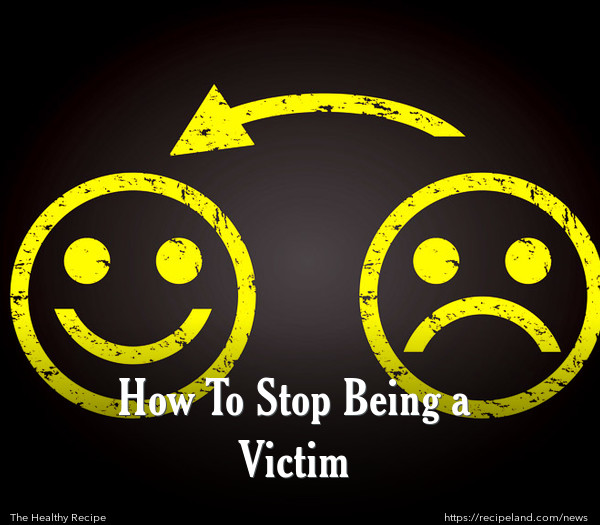When bad things happen to you, it is typical to feel bad, or even frightened. But, it’s important to work through these feelings and leave behind the blaming, shaming, and judgment that accompanies your personal story.
When the time is right, let it go. When doing so, it is important to be gentle with yourself, just as you would with someone you care about. This is the best way to change pain into the fuel you need for growth.
Ram Dass, a spiritual teacher, explains that, “Suffering is the sandpaper of our incarnation. It does its work of shaping us.” With this thought in mind, let your life shape you into the hero that you envision becoming.
One must be ready to take the proper steps when changing blame and judgment into acceptance or gratitude. Being able to let go of the victimized feeling and the idea that the universe is hostile is an important step. You have to harness your thoughts and condition your mind into new patterns of thinking. One way to do this is to question your thoughts.
When questioning your thoughts, first you might become aware of a painful emotion coming to the surface. This might be a feeling of anger, fear, shame, disappointment, or grief.
Take a moment to just feel the feeling, without making any judgment. Try to visualize where the feeling came from. Make sure you are gentle and nonjudgmental with yourself during this process.
When you can identify the thought that causes you to feel stressed or uncomfortable, try to assess the feeling and figure out where it is coming from. It might be specific, like someone is acting badly toward you, or it might be something you need that is not happening.
When you question the thought, using the following framework, you can often make sense of and process the feeling, and end up being more empowered instead of feeling victimized.
1. First, ask yourself if the thought is true.
2. Ask yourself if you are positive that it is true.
3. Ask yourself how you react when you believe that particular thought.
4. Ask yourself who you would be without that thought.
When you finish asking those questions and processing that information, try to find an opposite example to compare it to. For example, if you need someone to listen to you, turn that thought around and think to yourself that you need to listen to that person.
Seeing things from multiple points of view, and processing your feelings in an organized, productive way, can help you feel less victimized.










Comments
This is valuable information.